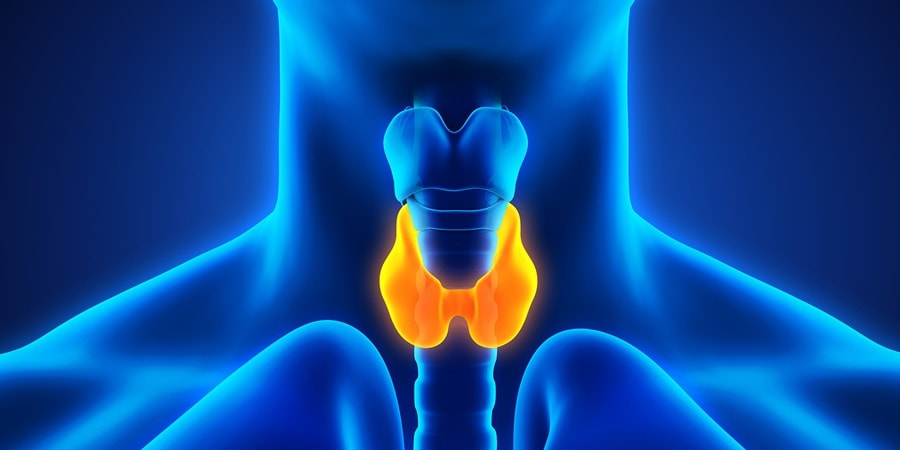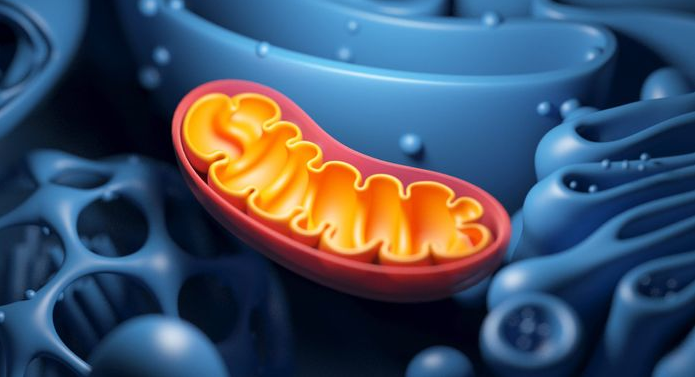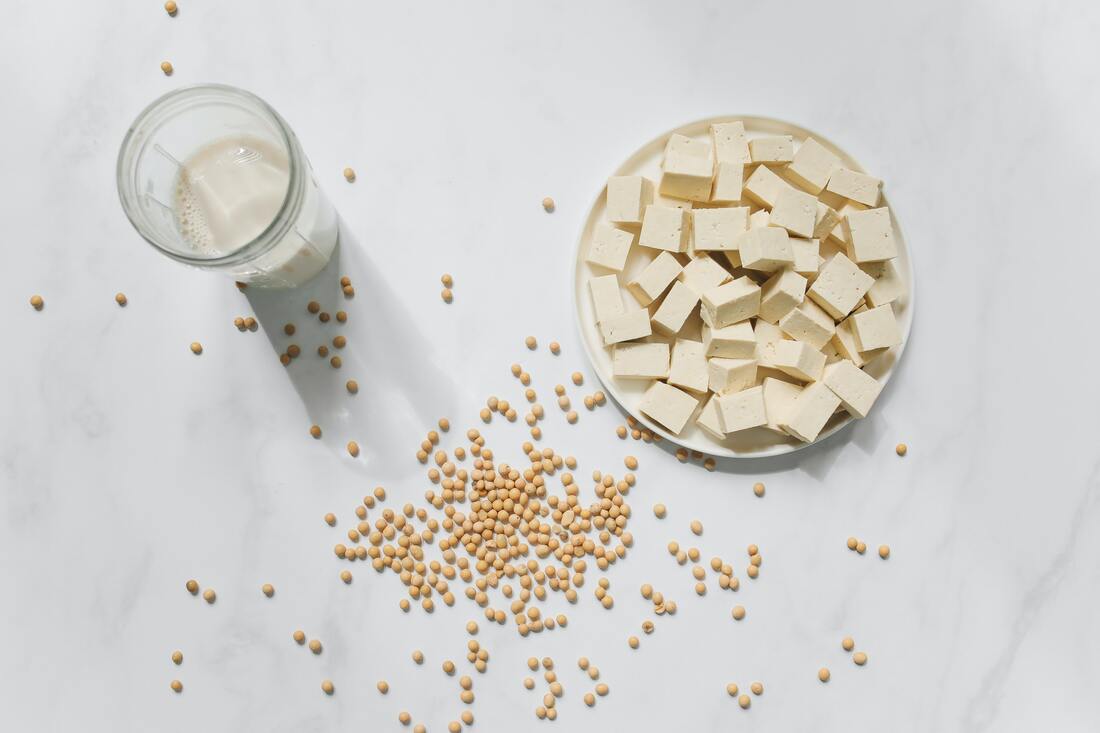|
What is the Thyroid Gland & How It Works
A normal thyroid gland weighs everywhere between 20 and 60 grams (0.7 to 2.1 ounces). Our thyroid is responsible for producing the master metabolism hormones that control every function in our body. It produces two hormones:
What Affects Thyroid Health & Ways to Strengthen It 4 Things That Can Affect Our Thyroid Health These are some key causal aspects that can ruin our healthy thyroid function: Gluten sensitivity can cause our gastrointestinal system to break down, so foods we eat aren't completely digested, which may lead to leaky gut syndrome, allowing bacteria and other toxins to enter our bloodstream. This link becomes more apparent as one study highlights a connection between autoimmune thyroiditis and celiac disease, a gluten-related autoimmune condition that damages our small intestines. There are studies explaining the danger of soy foods such as their anti-nutrients, impact on digestive health and goitrogens that affect thyroid function. Properly or traditionally fermented, organic, non-GMO and unprocessed soy products such as natto, miso, and tempeh are fine - it's the unfermented soy products we should stay away from, like soy "meat," soy milk and soy cheese. When we ingest or absorb bromine, it displaces iodine, and this iodine shortage leads to an increased risk for cancer of the breast, thyroid gland, ovary and prostate cancers that we see at alarmingly high rates today. This phenomenon is significant enough to have been given its own name: the Bromide Dominance Theory. In addition, when food becomes tainted with bromine, it may cause nausea and vomiting. Bromine can be found regularly in a number of places, including:
Many of us are almost always under chronic stress, which results in increased adrenal stress hormones and cortisol levels, and elevated cortisol has a negative impact on thyroid function. Thyroid hormone levels decrease during stressful times. When stress becomes chronic, the flood of stress chemicals, adrenaline and cortisol, produced by our adrenal glands interfere with our thyroid hormones, causing a whole range of health-related issues like obesity, high blood pressure and high LDL cholesterol. It also affects our glucose metabolism. Best Weapon Against Thyroid Problems
Some noteworthy examples include:
The Total Diet Study, performed by the FDA, reported an iodine intake of 621 micrograms for 2-year-olds between 1974 and 1982, compared with 373 micrograms between 1982 and 1991. One probable reason for the reduced iodine intake through the years is its disappearance from our food supply because of iodine-deficient soil How to Increase Your Iodine Levels Naturally Sadly, up to 30% of the population worldwide could be at risk for iodine deficiency. In fact, iodine deficiency is one of the three most common nutritional deficiencies, along with iron and vitamin D. Here are some helpful strategies to increase our iodine levels naturally:
Simple Steps We Can Do to Improve Our Thyroid Health Here are simple ways that we can take in order to improve the performance of our thyroid:
Let's connect if you have any questions.
0 Comments
Leave a Reply. |
Author
DannyTheCoach Archives
January 2023
Categories
All
|











 RSS Feed
RSS Feed